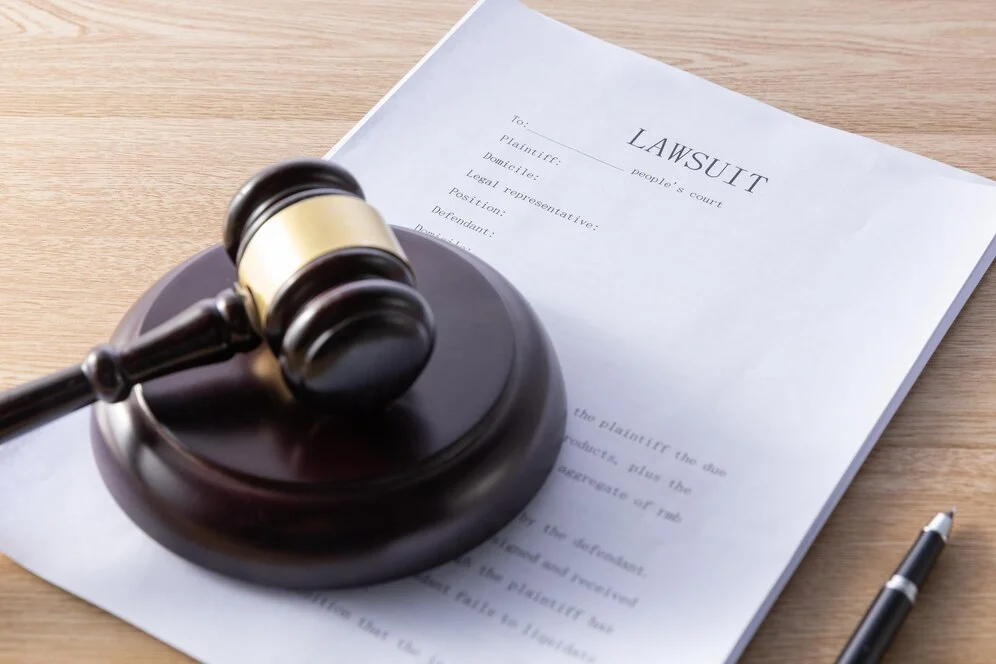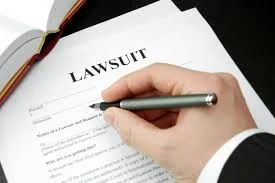
After a personal injury, filing a claim might seem straightforward — you were hurt, someone else was at fault, and now you want compensation. But the truth is, even small mistakes can mess up your entire case.
Personal injury claims involve a lot more than just proving someone else caused the accident. Insurance companies, opposing lawyers, and courts all look closely at your behavior before and after the incident. If you make certain errors, you could lose out on thousands — or even the entire case.
Let’s talk about the most common mistakes people make in personal injury claims and how to avoid them. This can be the difference between getting a fair settlement or walking away with nothing.
1. Not Getting Immediate Medical AttentionOne of the biggest mistakes? Waiting too long to see a doctor. You might feel okay right after the accident, but some injuries — like whiplash or internal damage — can take days to show symptoms.
Delaying medical care creates two problems:
- Your injury could get worse, and - The insurance company will argue that you weren’t really hurt or that something else caused the injury.
Always go to the doctor as soon as possible, even if you think it’s “not a big deal.” Medical records are key evidence.
2. Not Following Doctor’s OrdersAfter seeing a doctor, it’s important to stick to their treatment plan. Skipping appointments or ignoring advice gives the other side a chance to say you didn’t do your part to get better.
For example, if your doctor tells you to attend physical therapy and you miss multiple sessions, it can hurt your case. They’ll argue that you made the injury worse yourself.
Follow the treatment plan and keep all receipts, prescriptions, and reports.
Insurance adjusters may seem friendly — but remember, they work for the company, not you. Their job is to save the company money, not to help you get the best payout.
They’ll often call you shortly after the accident and ask for a recorded statement. Don’t do it. Anything you say can and will be used against you.
Instead, say, “I’m still gathering information and will have my attorney contact you.” That’s all you need to say.
This one trips up a lot of people. After an accident, you might be tempted to post updates on Instagram, Facebook, or Twitter. Maybe it’s a photo from a party or a vacation. Harmless, right?
Wrong. Insurance companies monitor your social media. If you claim a back injury but post a picture hiking or dancing at a wedding, they’ll use it as proof that you’re not really injured.
Best rule? Don’t post anything personal while your claim is active — and ask your friends not to tag you in posts either.
5. Not Hiring a Lawyer Soon EnoughSome people wait too long to hire a personal injury lawyer — or think they can handle it themselves. But legal advice early on can prevent a lot of mistakes.
A good lawyer knows:
- How to calculate the real value of your claim - How to deal with insurance companies - What evidence is needed - What deadlines apply (like the statute of limitations)
Hiring a lawyer right away means they can gather strong evidence, talk to witnesses, and protect you from being tricked by insurance tactics.
6. Accepting the First Settlement OfferInsurance companies usually offer a lowball amount right away, hoping you’ll accept it quickly before realizing the true value of your claim.
Don’t take the first check — even if it’s tempting. Once you accept, you can’t go back and ask for more.
Often, people settle too soon and then face more medical bills later. A lawyer can help you understand whether an offer is fair — and push for more if it’s not.
7. Exaggerating Your InjuriesYes, you should be honest about your pain — but never exaggerate. If the other side catches even a small lie, it can destroy your credibility.
For example, if you say you can’t walk but are caught on camera shopping or mowing the lawn, your entire claim could be dismissed.
Always be truthful. Let your medical records and symptoms speak for themselves.
8. Ignoring the Statute of LimitationsEvery state has a deadline for filing a personal injury lawsuit. It might be two years, three years, or more, depending on where you live.
If you wait too long to file, your case may be thrown out — even if you have all the evidence.
A lawyer will make sure everything is filed on time and correctly.
9. Not Collecting Enough EvidenceAfter an accident, evidence disappears fast. If you don’t gather it early, it may be gone forever.
Try to collect:
- Photos of the scene - Pictures of your injuries - Names and numbers of witnesses - Police or incident reports - Medical bills and records
Don’t rely on memory alone. The more proof you have, the stronger your case.
 10. Not Keeping a Pain Journal
10. Not Keeping a Pain JournalThis might sound silly, but it works. After your injury, keep a daily journal where you describe:
- How you feel each day - What activities you can or can’t do - How much pain you’re in - Emotional effects, like anxiety or depression
This helps show the long-term impact of the injury — and can support your claim for pain and suffering.
11. Missing Work Without DocumentationIf you miss work because of your injury, make sure your employer provides a written statement. Also get a doctor’s note explaining why you can’t work.
Without these, it’s hard to prove lost wages. Don’t just assume the insurance company will take your word for it.
12. Getting Caught in SurveillanceIt’s not uncommon for insurance companies to hire private investigators. They might sit outside your home or follow you with a camera.
If you say you can’t lift heavy things and then carry groceries or help a friend move, they’ll use it against you.
Always assume someone may be watching. Be honest about your limitations — and live according to them.
13. Failing to Mention Pre-Existing ConditionsIf you had a back problem before the accident, be upfront about it. It doesn’t mean you can’t recover damages — especially if the accident made the condition worse.
Trying to hide a pre-existing condition often backfires. The other side will find out anyway, and it makes you look dishonest.
Honesty is better. Your lawyer can still argue that the accident caused new damage or made your condition worse.
14. Skipping Important DocumentsMany claims fall apart because someone forgot to submit a form or missed a step.
Some common documents include:
- Accident reports - Medical authorizations - Wage loss verification - Insurance forms
Your lawyer can help you keep everything organized and submitted on time.
15. Assuming Small Injuries Aren’t Worth a ClaimPeople often think, “It was just a small bump or sprain — it’s not worth filing a claim.”
But minor injuries can become serious over time. A sprained neck could turn into chronic pain. A bruised knee might need surgery later.
It’s better to file a claim early and protect your rights. You can always close the case if you recover quickly — but you can’t go back and reopen it later.
Final ThoughtsWhen it comes to personal injury claims, small mistakes can lead to big losses. Whether it’s something simple like a missed appointment or something more serious like posting the wrong photo, every move matters.
To protect yourself:
- Seek medical care quickly - Avoid talking too much to insurers - Don’t post on social media - Follow your doctor’s advice - Work with a trusted personal injury lawyer
A strong claim isn’t just about what happened during the accident — it’s also about what you do afterward. If you stay careful and avoid these mistakes, your chances of getting fair compensation will be much higher.
Subscribe to our newsletter and never miss an update.
Get the latest posts delivered straight to your inbox.

Senior Contributor
Kusum Singh is passionate about impactful storytelling. With a unique voice and deep insights, they turn everyday stories into compelling reads that resonate and inform.
Read Full Bio
By Ravi Raj
20 Dec 2025

By Ravi Raj
26 Dec 2025

By Ravi Raj
02 Jan 2026

By Ravi Raj
27 Dec 2025

By Ravi Raj
22 Dec 2025

By Kusum Singh
27 Dec 2025

By Kusum Singh
23 Dec 2025

By Ravi Raj
30 Dec 2025

By Ravi Raj
22 Dec 2025

By Ravi Raj
02 Jan 2026

By Ravi Raj
02 Jan 2026

By Ravi Raj
28 Dec 2025